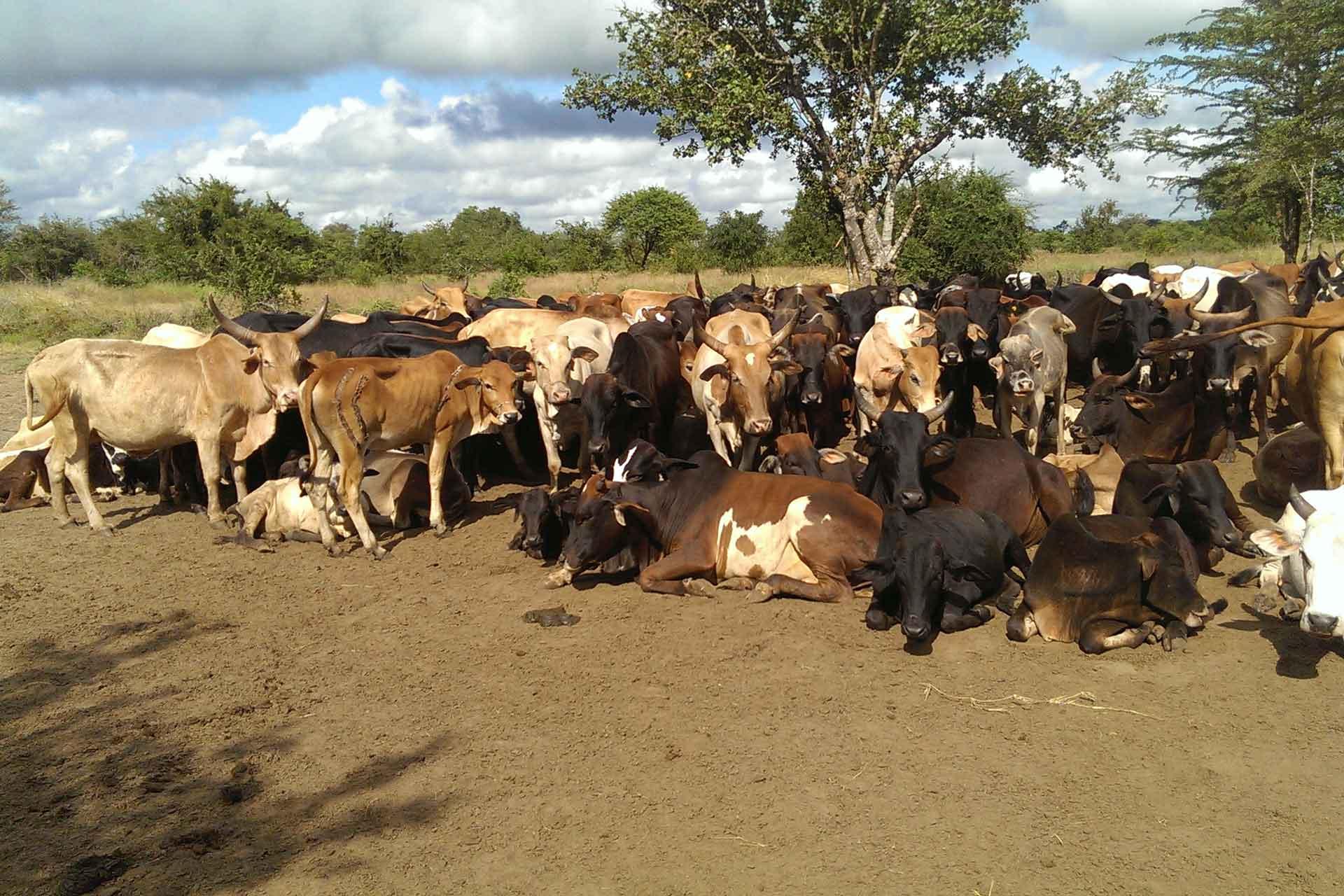An international agreement designed to share the benefits of genetic resources is presenting ‘significant logistical challenges’ to the control of transboundary livestock diseases, according to specialist researchers.
The 2010 Nagoya Protocol on Access and Benefit Sharing, implemented in 2014, is intended to ensure the benefits that arise from the use of genetic material, such as the development of vaccines and medicines that are essential to control diseases, are shared in a fair and equitable way.
Approved or ratified by nearly 140 countries as a supplementary agreement to the Convention on Biological Diversity, the Protocol promotes the conservation and the sustainable use of natural resources and biodiversity via benefit sharing.
Writing in Frontiers in Veterinary Science, experts on foot-and-mouth disease (FMD) from multiple international agencies and institutions highlight challenges that are being encountered in implementing this treaty.
The authors praise the Protocol’s laudable goal of equitable benefit sharing, but note that national access and benefit-sharing legislation, coupled with disparate administrative structures within nations, is delaying access to FMDV isolates from the field and disrupting production of new FMD vaccines.
In turn, the development of other tailored tools for research, surveillance and outbreak control is also being slowed.
Co-author Dr Don King, who leads the Food and Agriculture Organisation (FAO) World Reference Laboratory for foot-and-mouth disease (WRLFMD) at The Pirbright Institute said: “In the review, we highlight our experiences with FMD, and note it is becoming increasingly difficult for FMD vaccine companies to access new viral strains to produce tailored vaccines needed to control the spread of emerging viral lineages in the field.
“Our aim is to promote wider awareness of the Nagoya Protocol, and to highlight its impacts on the regular exchange and utilisation of biological materials collected from clinical cases which underpin FMD research activities, and work to develop new epidemiologically relevant vaccines and other diagnostic tools to control the disease.”
“There is an urgent need to clarify the framework and related processes for both users and providers and for a greater science-policy dialogue both within and among countries to ensure a better understanding and more effective implementation of the Nagoya Protocol and related ABS measures.”
(*Global South – defined by the United Nations Conference on Trade and Development UNCTAD)
